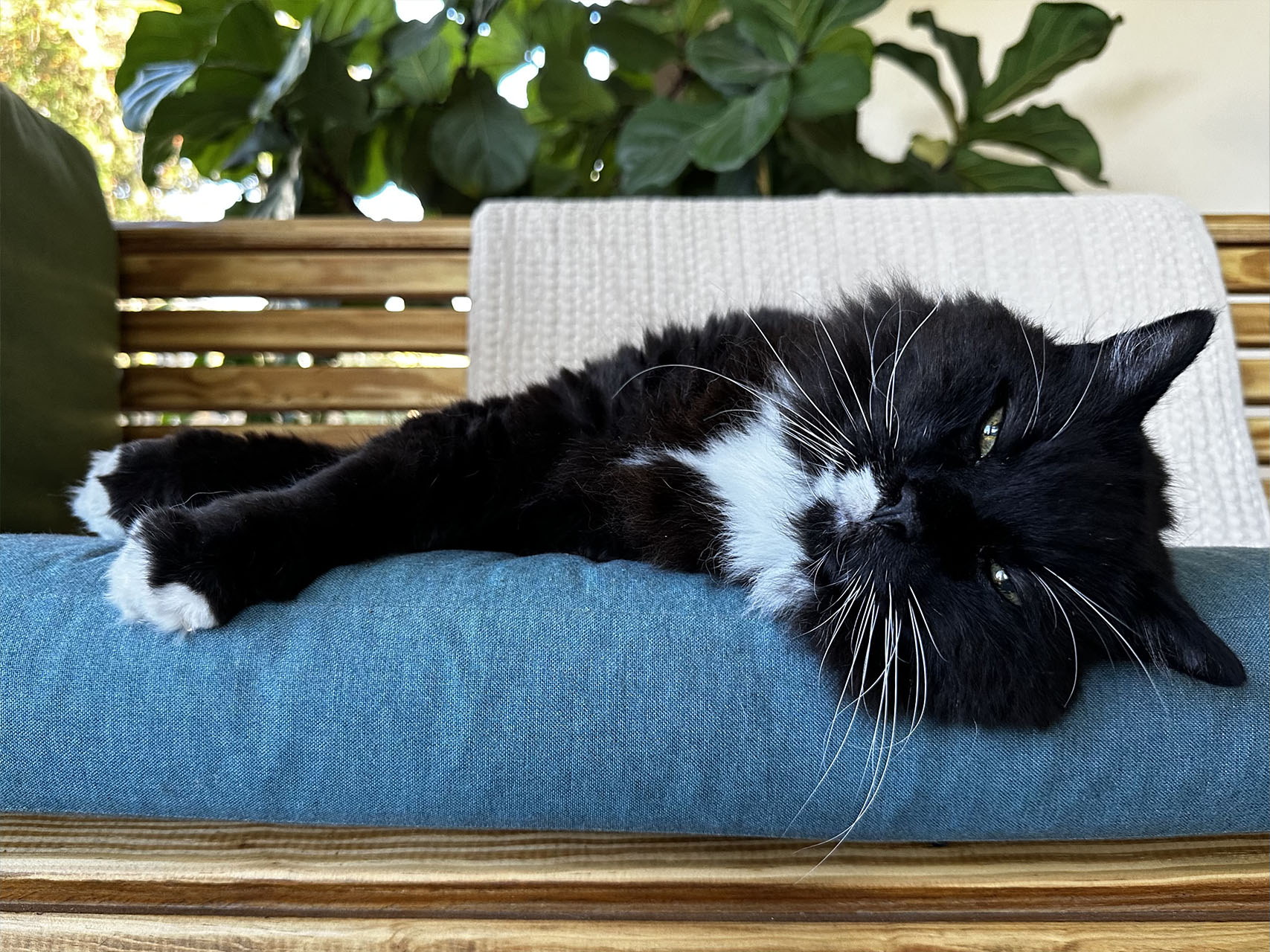
How Can a Pet Sitter Help?
Introduction: Separation anxiety is a common behavioral issue that many pets experience when left alone for extended periods. This condition can lead to distressing behaviors such as excessive barking, destructive chewing, and house soiling. Fortunately, professional pet sitters can play a crucial role in helping pets cope. In this blog post, we’ll explore what separation anxiety is, its causes, symptoms, and how a pet sitter can provide support and comfort to pets in need.
What is Separation Anxiety?
Separation anxiety is a condition characterized by excessive fear or distress when pets are separated from their owners. It commonly affects dogs, but cats and other animals can also experience it. The symptoms can vary from mild to severe and may include:
- Excessive barking, howling, or meowing.
- Destructive behavior, such as chewing furniture or scratching doors.
- House soiling, even if the pet is house-trained.
- Pacing, restlessness, or attempts to escape.
- Loss of appetite or refusal to eat when alone.
Causes of Separation Anxiety
It can stem from various factors, including:
- Change in Routine: Pets thrive on routine, so any sudden changes, such as a new work schedule or moving to a new home, can trigger anxiety.
- Traumatic Events: Pets may develop separation anxiety after experiencing a traumatic event, such as being abandoned or spending time in a shelter.
- Lack of Socialization: Insufficient socialization during the early stages of life can make pets more prone to separation anxiety.
- Overattachment: Pets that are excessively attached to their owners may struggle to cope when left alone.
How a Pet Sitter Can Help
Professional pet sitters are trained to recognize the signs of separation anxiety and provide compassionate care to pets in distress. Here’s how they can help:
- Companionship: One of the most effective ways to alleviate the anxiety is by providing companionship and interaction. A pet sitter can spend quality time with the pet, engaging in play, exercise, and cuddle sessions to reduce feelings of loneliness and anxiety.
- Stick to Routine: Pet sitters understand the importance of maintaining a consistent routine for pets. They adhere to feeding schedules, exercise routines, and other activities that provide structure and stability, helping to ease anxiety.
- Environmental Enrichment: Pet sitters can enrich the pet’s environment by introducing stimulating toys, puzzle feeders, and interactive games that keep them mentally engaged and distracted from their anxiety.
- Comfort and Reassurance: A pet sitter offers comfort and reassurance to pets in distress, providing gentle words, soothing touches, and a calming presence to help alleviate anxiety.
A Challenge to Navigate
Separation anxiety can be a challenging issue for pets and their owners to navigate. However, with the support of a professional pet sitter, pets can receive the care and attention they need to cope with their anxiety effectively. By understanding the causes and symptoms and enlisting the help of a pet sitter, pet owners can ensure their furry companions feel safe, secure, and loved even when they’re apart.
Sources:
- American Kennel Club (AKC): “Separation Anxiety in Dogs“
- American Society for the Prevention of Cruelty to Animals (ASPCA): “Separation Anxiety“
- PetMD: “The Ultimate Guide to Cat Anxiety“
Find Peace of Mind: Book Expert Pet Sitting Now
Experience peace of mind knowing your furry friend is in good hands with Qualified Pet Services. Book now for our expert pet sitting services and ensure your pet receives the care they deserve. Simply fill out our convenient Booking Request Form to get started!


